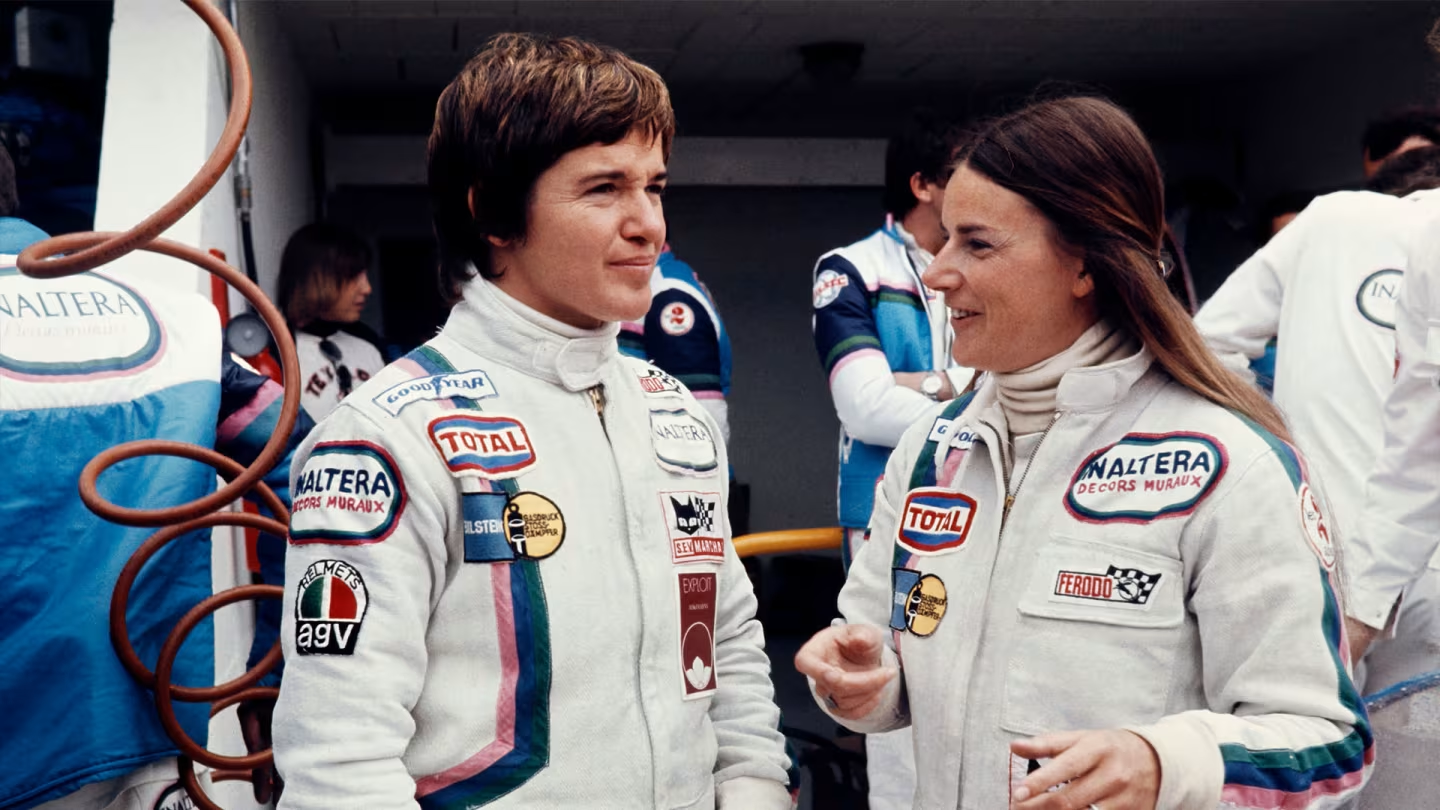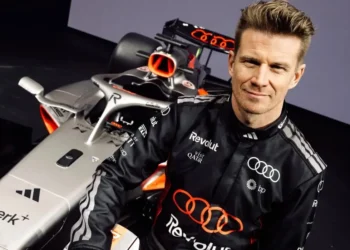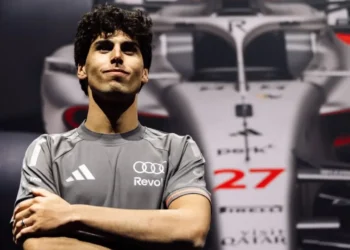In a male-dominated sport like Formula 1, the mention of Lella Lombardi’s name still resonates as the first and only woman to score points in the championship fifty years ago. The Italian racer made history during the chaotic Spanish Grand Prix, where she secured half a point for finishing sixth in a race cut short by a fatal crash.
Lombardi’s journey to F1 was paved with determination and skill, starting from racing karts to climbing the ranks in Formula 850, Formula 3, and eventually entering Formula 5000 in 1974. Despite facing challenges, she made her mark by becoming the second woman ever to qualify for an F1 race at the South African Grand Prix.
The question of when another woman will grace the F1 grid has been circulating among fans and experts alike. With names like W Series champion Jamie Chadwick making waves and teams showing interest in nurturing female talent, the landscape of F1 is gradually shifting. The F1 Academy feeder series, backed by all 10 F1 teams, and the emergence of female talents like Abbi Pulling and Marta Garcia are clear indicators of a more inclusive future in motorsport.
Moreover, the presence of Laura Mueller as the first female race engineer in F1 history and initiatives led by former world champion Sebastian Vettel to support young women drivers showcase a growing momentum towards gender diversity in the sport. The narrative is no longer about “if” but “when” another woman will join the ranks of F1 drivers, breaking barriers and inspiring generations to come.
Lombardi’s legacy as a trailblazer in F1 continues to spark conversations about inclusivity and opportunity in a sport where speed, skill, and determination know no gender. As the motorsport world evolves, her story serves as a testament to the endless possibilities awaiting future female superstars on the prestigious F1 grid.










